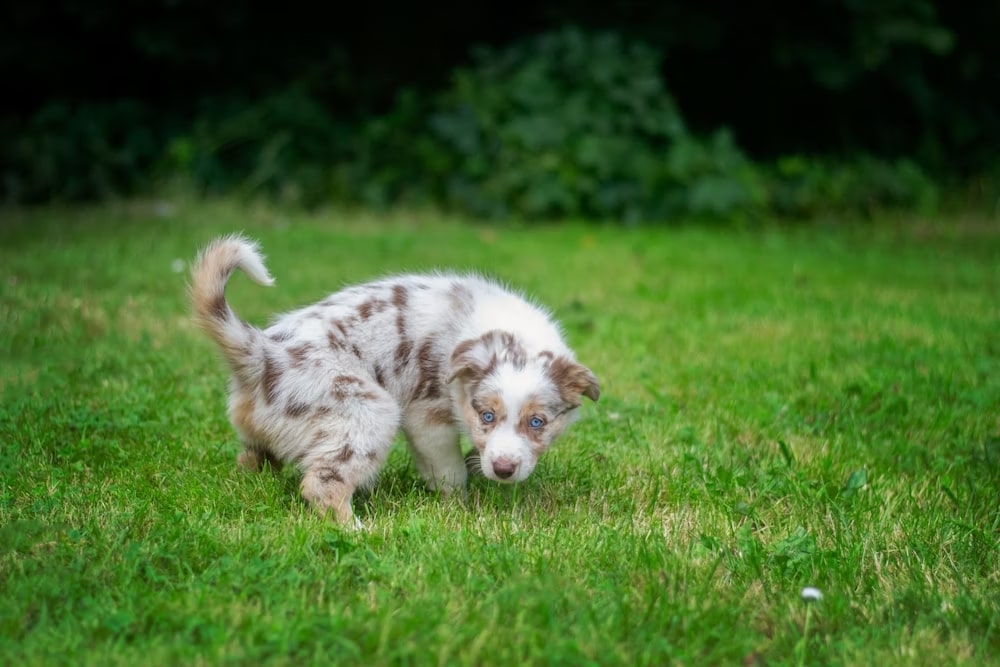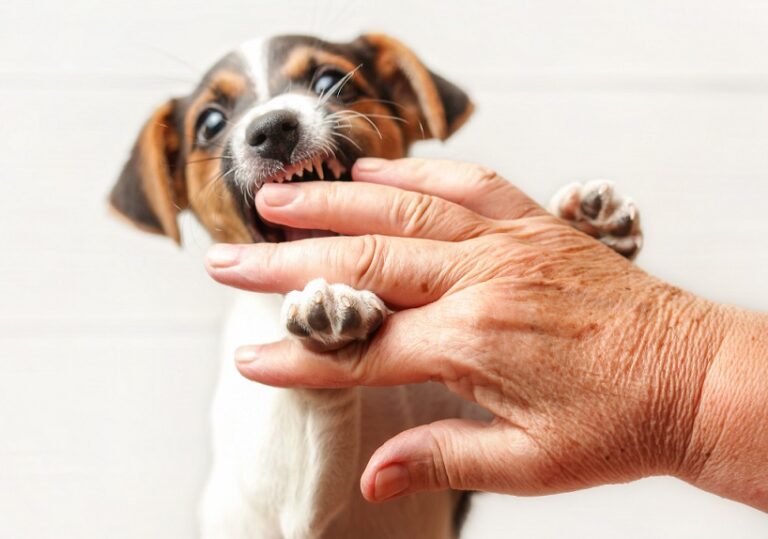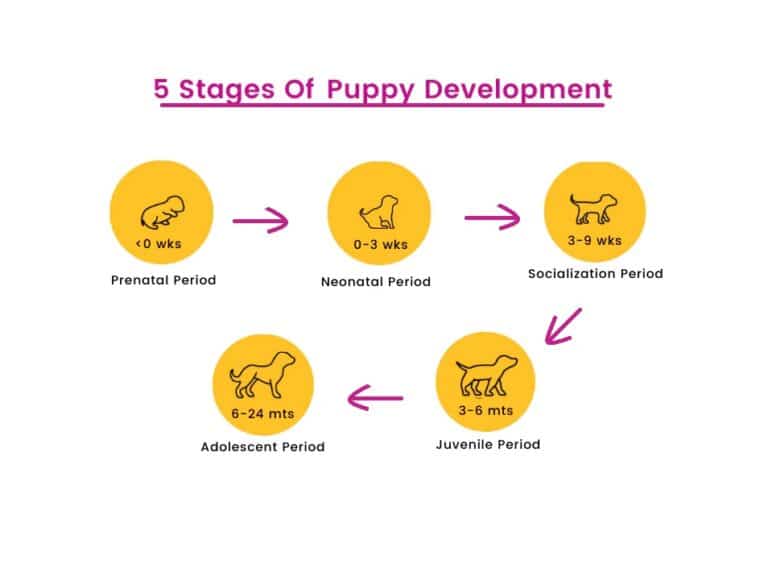Puppies often pee a lot, which can be confusing and worrisome for new pet owners. This frequent urination is usually normal and can be due to various reasons such as their small bladder size, high water intake, and excitement. However, sometimes excessive peeing can signal underlying health issues. Understanding the causes and knowing when to seek veterinary advice is essential for keeping your puppy healthy and happy.
Reasons Why Puppies Pee a Lot
Puppies are known for their frequent urination habits, and there are several reasons why they may pee a lot. Understanding these reasons can help pet owners better manage their puppy’s bathroom needs.
- Small Bladder Size: Puppies have small bladders that cannot hold much urine. As a result, they need to urinate more often than adult dogs. Their bladder capacity gradually increases as they grow.
- High Water Intake: Puppies are often very active and drink a lot of water to stay hydrated. This increased water intake naturally leads to more frequent urination. Ensuring they have access to fresh water is crucial for their health.
- Excitement and Play: Excitement or physical activity can trigger a puppy’s need to pee. When puppies play or get excited, their bodies can release adrenaline, which may cause them to urinate unexpectedly.
- Incomplete House Training: Young puppies are still learning to control their bladder. House training takes time, and accidents are a normal part of the process. Consistent training and positive reinforcement can help them learn faster.
- Diet: The type of food a puppy eats can influence their urination frequency. Wet food, in particular, has a higher water content, which can increase the amount of urine produced. Treats and snacks also contribute to their overall water intake.
- Health Issues: Frequent urination can sometimes indicate underlying health problems. Conditions such as urinary tract infections (UTIs), diabetes, and kidney issues can cause a puppy to pee more often. If you notice other symptoms like blood in the urine, lethargy, or changes in appetite, it’s important to consult a veterinarian.
- Growth and Development: During their growth phases, puppies’ bodies are developing rapidly. This development can affect their bladder control and urination patterns. As they mature, their ability to hold urine will improve.
- Behavioral Factors: Anxiety or stress can also lead to increased urination in puppies. Changes in their environment, such as moving to a new home or meeting new people and animals, can cause stress that might result in more frequent peeing.
Regular veterinary check-ups are essential to ensure that your puppy’s frequent urination is not due to any serious health concerns. Monitoring their behavior, diet, and water intake can help you identify any patterns or changes that may need attention. Understanding these factors will help you provide the best care for your growing puppy.
When to Be Concerned About Excessive Peeing
If your puppy is peeing a lot, it could be a sign of an underlying health issue. Here are some signs to look out for:
Frequency of Urination
Pay attention to how often your puppy is urinating. If they are going much more frequently than usual, it could indicate a problem. Normal puppies typically urinate every 2-4 hours, so if they are going much more frequently than this, it may be cause for concern.
Presence of Blood in Urine
If you notice blood in your puppy’s urine, it is important to consult with a veterinarian immediately. Blood in the urine can be a sign of a urinary tract infection, bladder stones, or other serious health issues.
Changes in Water Intake
If your puppy is drinking significantly more water than usual, it could be a sign of diabetes, kidney disease, or other health problems. Along with increased water intake, excessive urination can be a red flag for these conditions.
It is always best to consult with a veterinarian if you are concerned about your puppy’s excessive peeing habits. Early detection and treatment of any underlying health issues is key to ensuring your puppy’s well-being.
It is normal for puppies to pee a lot due to their small bladder size and developing control over their bladder muscles. However, it is important to monitor their urination habits and seek veterinary advice if there are any concerning symptoms such as excessive drinking, accidents in the house, or straining to urinate. By understanding the reasons behind why puppies pee a lot and being aware of when to be concerned, pet owners can ensure their furry friends stay healthy and happy.







